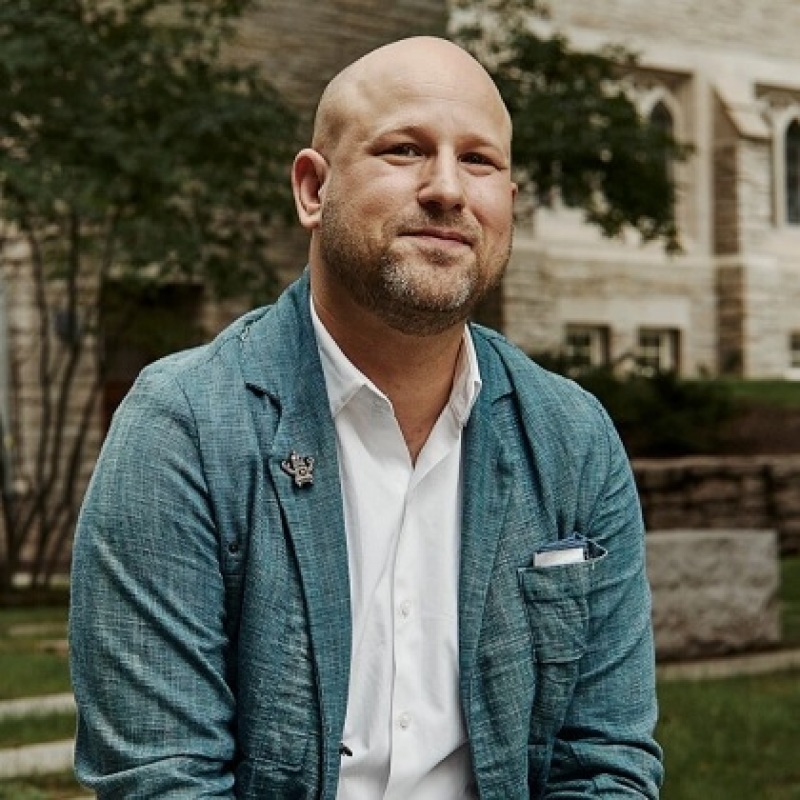
Harvard University, which reportedly embraced the slogan "Truth for Christ and the Church," has appointed an atheist as its main chaplain.
Greg Epstein, 44, was appointed to the post by Harvard's association of chaplains and began his duties last week, The Blaze reported. It's worth noting that John Harvard, the university's namesake, was a preacher.
Epstein will supervise the work of more than 40 university chaplains, who represent a wide variety of religious traditions on campus. These religions will include Christian and Jewish traditions, as well as Hindu and Buddhist traditions.
Epstein is the author of the book Good Without God, and he grew up in a Jewish family.
The Blaze noted that since 2005, Epstein was the "humanist chaplain" of the institution, and previously encouraged students to focus on each other and not on God.
Epstein believes that humans shouldn't turn to God for solutions since "we are each other's answers."
With regard to his appointment, Epstein said that "there is a rising group of people who no longer identify with any religious tradition but still experience a real need for conversation and support around what it means to be a good human and live an ethical life."
He also sees his appointment as a reinforcement of years-long campaign, begun by his predecessor, to educate a campus with established faith traditions about humanism and its benefits, notes dnyuz.com.
The breadth of Epstein's work was reported by the New York Times. Epstein hosts meals for college students where serious questions like "Does God exist? What is life?" are discussed.
He used to lead a weekly service of secular sermons in Harvard Square for humanists and atheists. He quit doing that in 2018 to focus on campus connections, especially at M.I.T., where he also serves as a chaplain.
Epstein is said to often counsel students who are struggling with personal and religious issues.
The New York Times also characterized some of the students who are attracted to Mr. Epstein's philosophies as "religious refugees," those who were raised in religious households but have gone to university in search of "spiritual meaning" in a less strict form than they were used to.
Charisma News observed that although Harvard University had a Christian grounding at the start of the 1600s, the concept of the authority of the Word of God seemed to be eroding and conforming to a worldly perspective.
In fact, according to the results of a Harvard Crimson poll, students in the class of 2019 were twice as likely as the general population of those aged 18 to consider themselves as atheists or agnostics.
Around 21.3% of the class identified as agnostic, while 16.6% identified as atheist. Approximately similar proportions of students (17%) and Catholic (17.1%) identified as Protestant or Catholic, 10.1% as Jewish, 2.5% as Muslim, 3% as Hindu, and 12% as "other."
Epstein's page says that he was described by the New York Times magazine as a "godfather to the [humanist] movement."





















